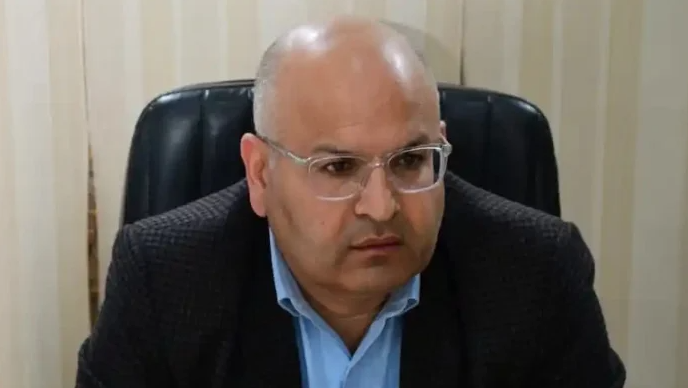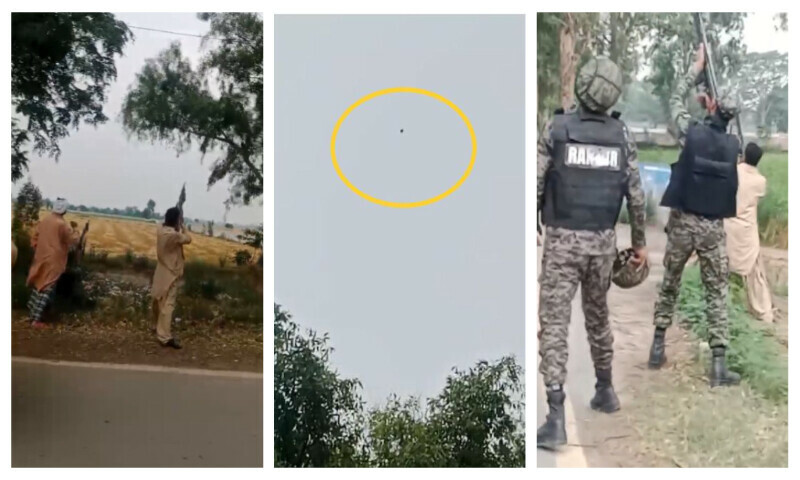MILITARY

Pakistan launched Operation Banyan Al-Marsoos in the early hours of May 10, delivering a powerful blow to Indian military and intelligence structures in the region. According to Geo News, one of the operation’s most high-profile outcomes was the killing of Additional Deputy Commissioner Raj Kumar Thapa in Rajouri, a town located in Indian-occupied Jammu and Kashmir.
Raj Kumar Thapa, reportedly backed by the Indian establishment, was known to be a facilitator of state-sponsored terrorism and a symbol of fear for Kashmiri Muslims. Intelligence sources claim that Thapa had access to high-level military briefings and played a critical role in coordinating Indian actions against resistance movements in the region.
The Pakistani military’s surgical strikes under Operation Banyan Al-Marsoos also targeted and destroyed several key Indian military airbases, including those in Udhampur, Adampur, and Pathankot, which were vital to India’s northern defense infrastructure.
In addition to kinetic operations, Pakistan also conducted a coordinated cyber offensive that reportedly crippled the power grid in Maharashtra, causing a complete blackout. The cyberattack also disabled an Indian military satellite, marking a major advancement in Pakistan’s cyber warfare capabilities.
The operation was launched in direct response to India’s unprovoked missile attacks on Pakistani airbases earlier this week. It demonstrates Pakistan’s multi-dimensional military strategy, combining precision strikes, cyber capabilities, and intelligence-based targeting.
This development comes just hours before both countries agreed to a US-mediated ceasefire, but officials have reiterated that such defensive operations were necessary to neutralize immediate threats.
Observers believe the killing of Raj Kumar Thapa sends a clear message from Islamabad that state-sponsored terrorism in Kashmir will not go unanswered and that Pakistan retains the capability to strike deep into Indian-occupied territory when provoked.




